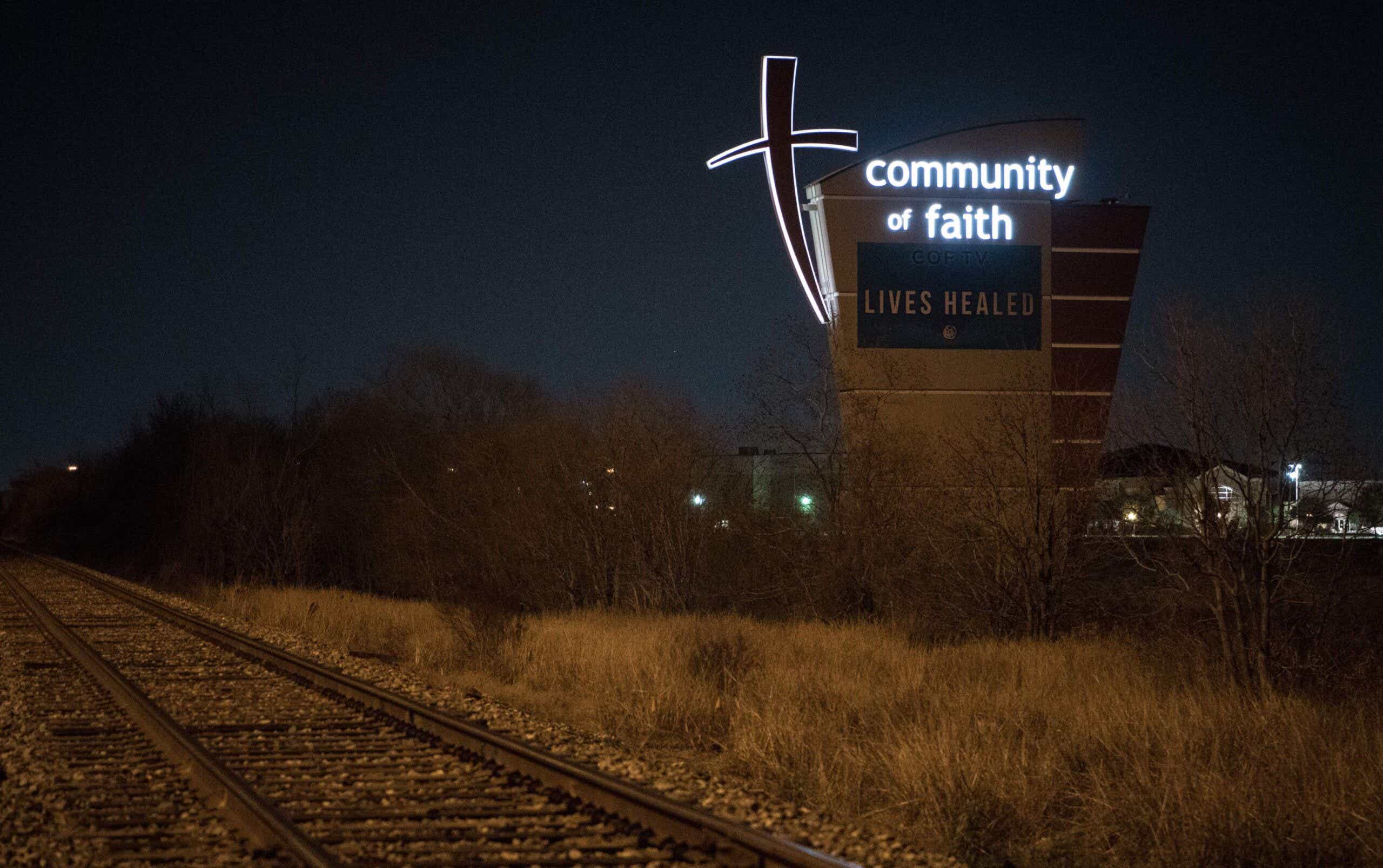An investigation commissioned by the church has found that Southern Baptist Convention leaders smothered the voices of sex abuse survivors for nearly 20 years.
A long-overdue investigation
The 288-page report follows a seven-month investigation by Guidepost Solutions after SBC delegates agitated for an independent probe at last year’s national meeting. Per CNN, around 330 people including witnesses, sex abuse survivors, trustees, and current and former staff were interviewed for the report, which covers the period between January 2000, and mid-June 2021.
Victims’ voices smothered
It’s clear that the church was well aware of abuse during this time — and made active efforts to smother survivors’ voices, consistently resisting efforts to reform and prevent future abuse. It’s a stark awakening for the 14-million-strong denomination, whose leaders have historically defied comparisons between its own abuse emergency and that of the Catholic Church.
An EC staff member apparently kept a list from 2007 onwards, and detailed accounts of abuse for over a decade. There was no sign that Executive Committee (EC) staff “took any action to ensure that the accused ministers were no longer in positions of power at SBC churches.” The most up-to-date list reportedly “contained the names of 703 abusers, with 409 believed to be SBC-affiliated at some point in time.”
The church put itself first
The report states that “Abuse allegations were often mishandled in a manner that involved the mistreatment of survivors,” and stresses that the priority for staff and SBC’s law firm “was avoiding any potential liability for the SBC.”
CNN notes that the 86 limited-term trustees who govern the EC were not informed of decisions regarding the abuse. These were left “largely left to the discretion” of the EC president and CEO and his closest advisors on staff. “High-level issues” were apparently highlighted to the SBC president.
Victims and church members who raised concerns with the SBC’s Executive Committee were met with “resistance, stonewalling, and even outright hostility,” the report says. Alleged abusers meanwhile were regularly protected and in some cases supported by SBC leaders.
“Our investigation revealed that, for many years, a few senior EC leaders, along with outside counsel, largely controlled the EC’s response to these reports of abuse … and were singularly focused on avoiding liability for the SBC,” it reads.
“In service of this goal, survivors and others who reported abuse were ignored, disbelieved, or met with the constant refrain that the SBC could take no action due to its polity regarding church autonomy — even if it meant that convicted molesters continued in ministry with no notice or warning to their current church or congregation,” the report added.
Looking ahead
The report stresses that the church “must resist the temptation to minimize, to look away, to find the easy “scapegoats” for what was uncovered in this report, and instead ask “what could we have done better?” and “what should we do now?”
Its recommendations include the creation of an “Offender Information System,” so that the community is kept aware of known predators, the formation of an independent commission to supervise reforms around sexual abuse, and limitations on the application of non-disclosure agreements and civil settlements.
The report also recommends the hiring of subject matter expert(s) to “receive calls, provide initial guidance for reports of sexual abuse, and work with state conventions for training and educational opportunities.” “Entity boards and standing committees” should also receive training, the report says, and all of this should be overlooked by an “Abuse Reform Implementation Task Force.”









